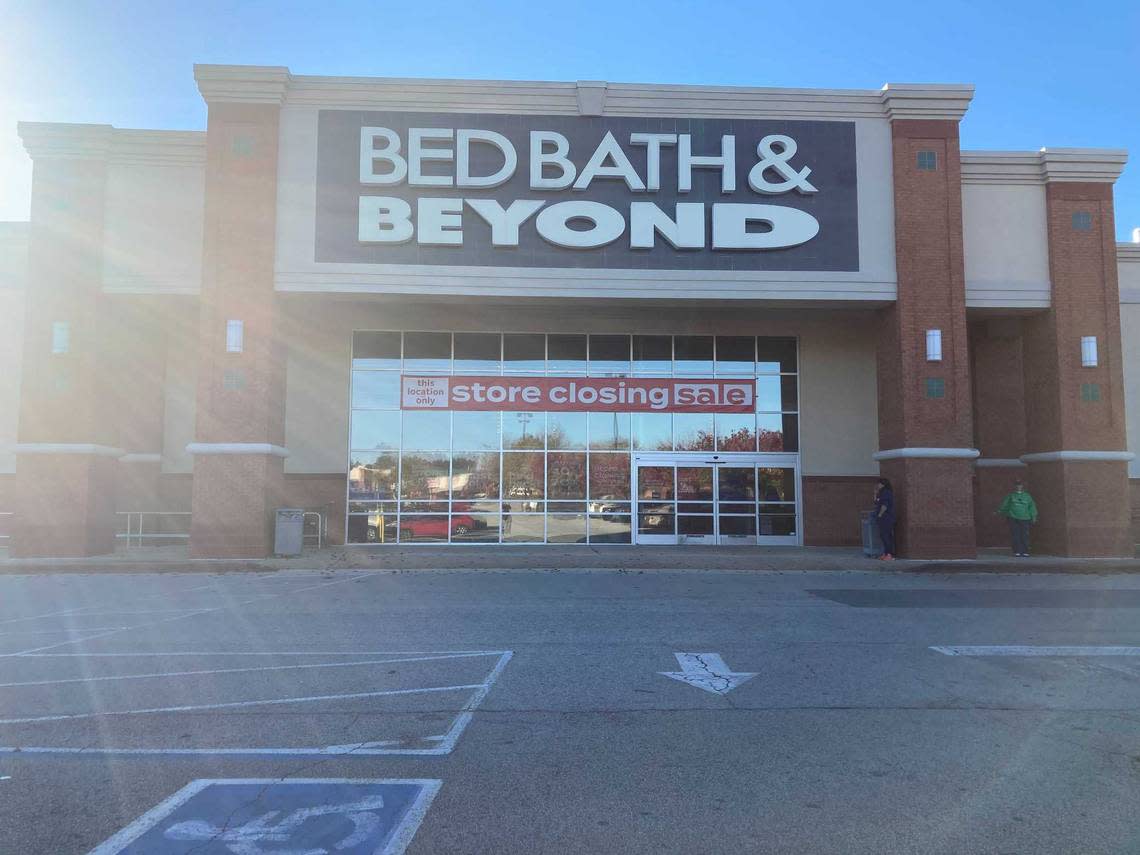Bed Bath & Beyond filed for bankruptcy. Here’s what will happen at Triangle locations.

Bed Bath & Beyond, a popular big-box retailer that managed more than 1,500 stores across the country at the height of its operations, filed for bankruptcy Sunday.
The 52-year-old company filed for Chapter 11 bankruptcy protection in U.S. District Court in New Jersey, and said in a court filing that it expects to close all of its stores by June 30, according to The New York Times and Washington Post.
Until then, the company’s 360 Bed Bath & Beyond stores and 120 Buy Buy Baby locations will remain open to customers. The company said its stores will begin closing sales on Wednesday, and will also stop accepting its famous blue coupons that day. Customers will have until May 8 to use Bed Bath & Beyond gift cards, the company said.
“Thank you to all of our loyal customers,” the company said in a message posted to its website. “We have made the difficult decision to begin winding down our operations.”
A North Raleigh location in the Six Forks Station shopping center was one of 150 “low-producing” Bed Bath & Beyond stores the company said it was closing in February.
Currently, the company operates four stores in the Triangle: one on Sumner Boulevard in Raleigh, one on Crossroads Boulevard in Cary, another on Witherspoon Boulevard in Durham and the last on Grand Hill Place in Holly Springs.
In total, the company has 18 locations across North Carolina.
The company, founded in 1971 by Warren Eisenberg and Leonard Feinstein, opened its first stores in New York and New Jersey, but gradually took on a larger share of the market for home goods shopping — everything from bedding and bath towels to cookware and small kitchen appliances.
The company went public in 1992, and was operating 311 stores across the country by 2000, according to The New York Times. Ten years later, it had more than tripled its number of stores. The retailer peaked in 2017 with 1,552 open stores, The News & Observer previously reported.
In the aftermath of the pandemic, the company faced a less profitable environment. It continued to close more stores, and avoided bankruptcy earlier this year after raising around $1 billion from a preferred stock sale, The N&O reported.


